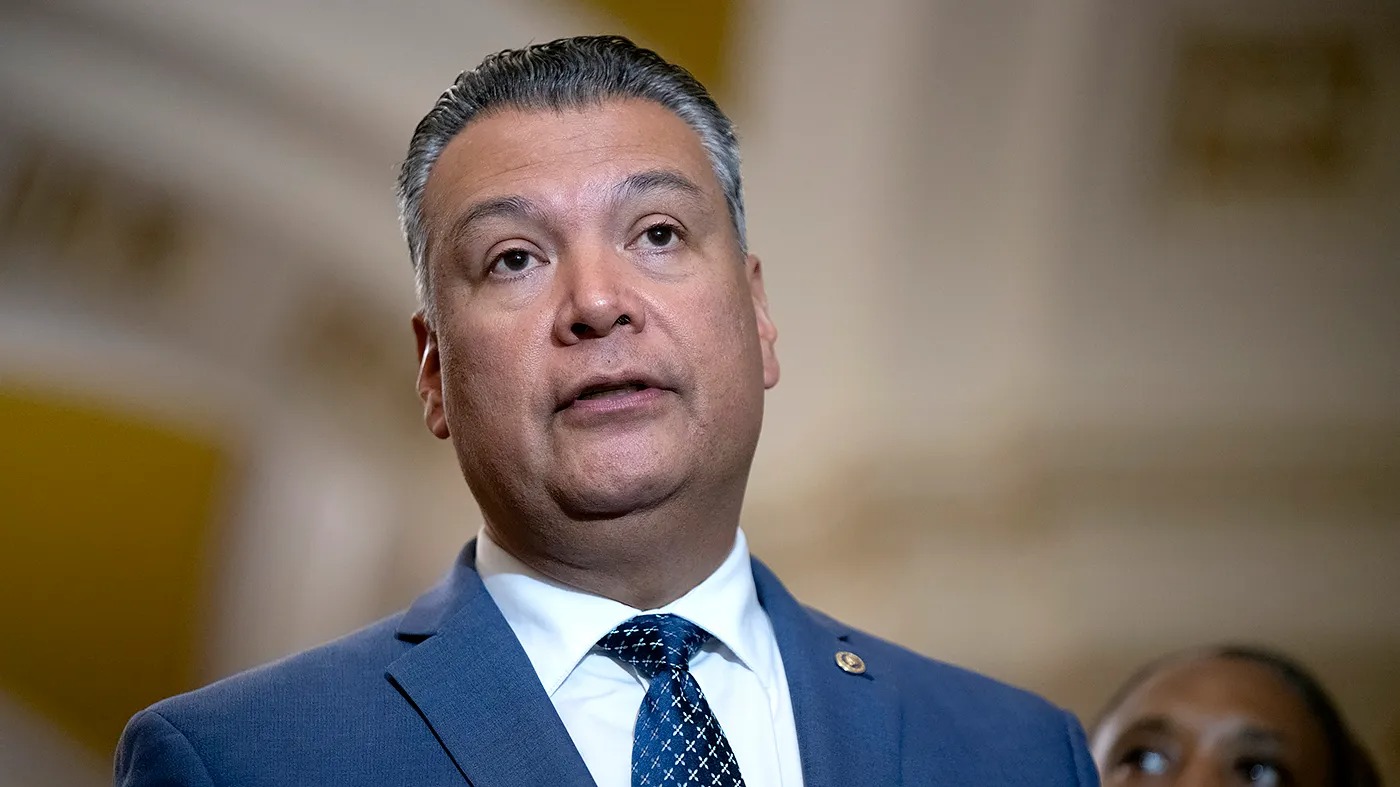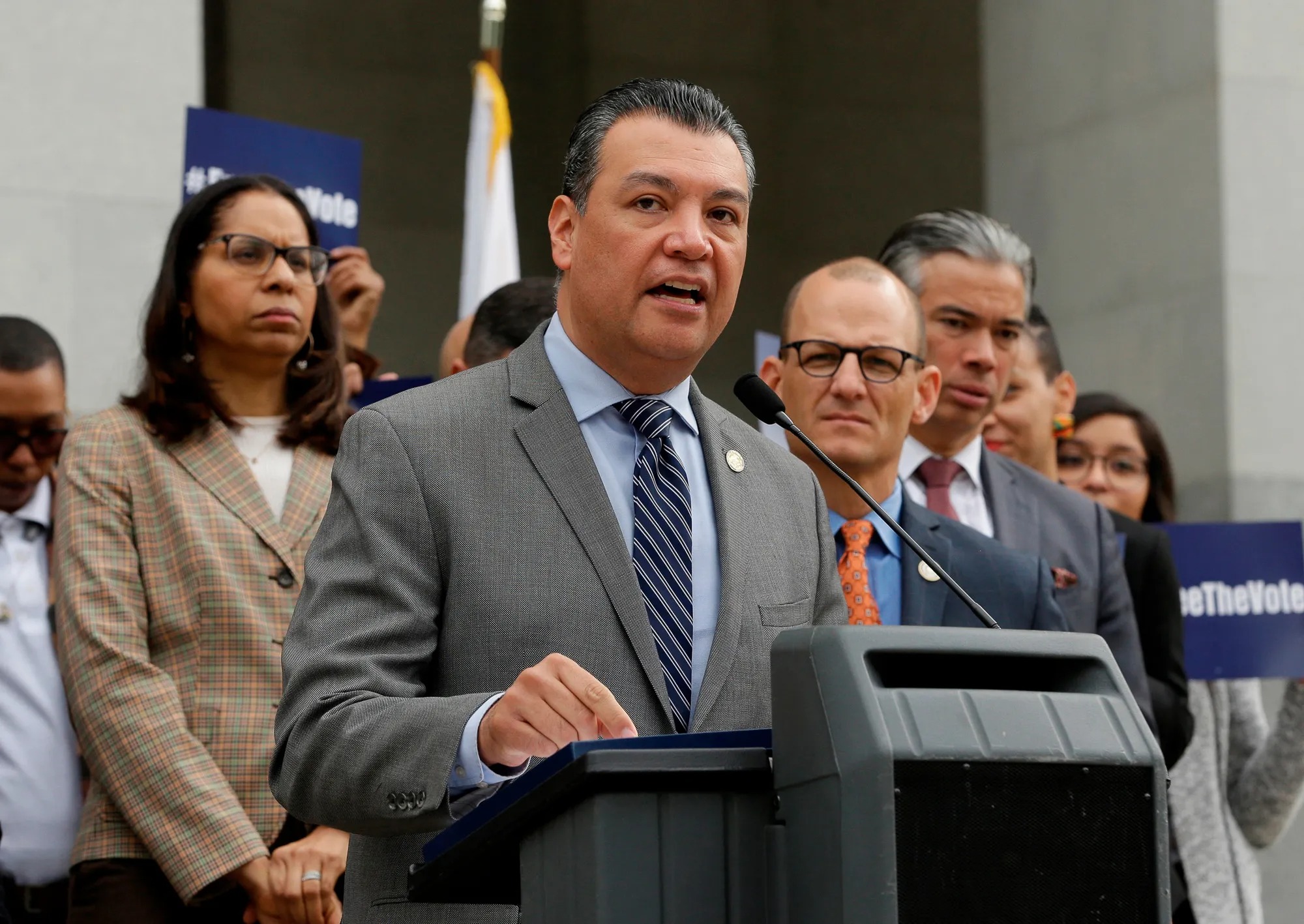Senator Alex Padilla (D-Calif.) vehemently criticized the bipartisan border security and foreign policy agreement reached in the Senate, asserting that it essentially replicates failed policies from the Trump administration.
The comprehensive package encompasses substantial changes to the asylum process, a presidential emergency declaration to close the border, and various immigration reforms alongside funding for foreign aid.
In a strongly-worded statement, Padilla expressed his dissatisfaction with the deal, emphasizing its lack of transparency and the absence of input from border-state Democrats or members of the Congressional Hispanic Caucus (CHC).

Padilla Criticizes Border Agreement (Credits: The Hill)
He stated, “After months of a negotiating process that lacked transparency or the involvement of a single border-state Democrat or member of the Congressional Hispanic Caucus, it is no surprise that this border deal misses the mark.
The deal includes a new version of a failed Trump-era immigration policy that will cause more chaos at the border, not less.”
Padilla’s critique was echoed by several House Republicans, including Majority Leader Steve Scalise (R-La.), who declared that the House would not bring the bill to a vote if it passes the Senate, citing concerns about its adequacy.
The deal faced opposition from House Democrats, particularly members of the CHC and Progressive Caucus. Representative Pramila Jayapal (D-Wash.), a prominent progressive, expressed her reluctance to support the measure, accusing Congressional Republicans of persisting with ineffective enforcement-only strategies.
She criticized the “extreme MAGA Republican Party” for showing no interest in genuinely reforming the immigration system.
Earlier in the negotiation process, CHC Chair Representative Nanette Diaz Barragan (D-Calif.) had joined Padilla in a joint statement expressing deep concerns about the inclusion of Trump-era immigration policies.
They highlighted the potential dangers of agreeing to permanent damaging policy changes as a “price to be paid” for an unrelated one-time spending package.
President Biden, however, endorsed the deal on Sunday, commending the bipartisan efforts and characterizing the reforms as the toughest and fairest in decades.
In a statement, Biden urged Congress to swiftly pass the bipartisan agreement, emphasizing his readiness to sign it into law immediately.
He framed the decision for House Republicans, challenging them to choose between problem-solving and playing politics with the border.
Biden wrote, “Now, House Republicans have to decide. Do they want to solve the problem? Or do they want to keep playing politics with the border? I’ve made my decision. I’m ready to solve the problem. I’m ready to secure the border. And so are the American people.”
The President’s endorsement sets the stage for potential political clashes within both Democratic and Republican ranks as the legislation advances through Congress.























